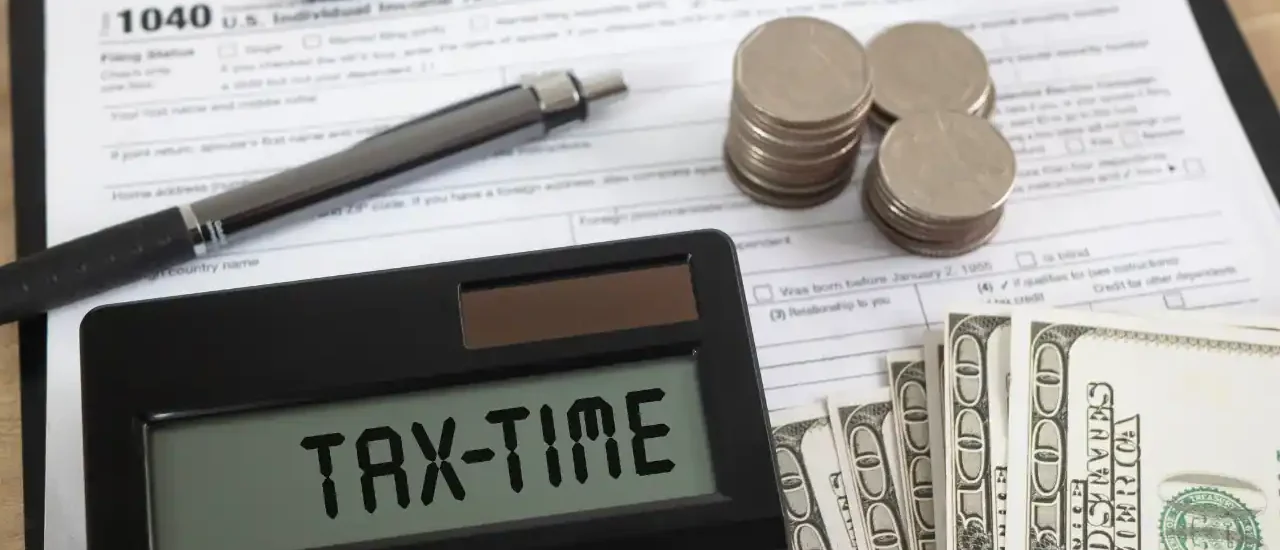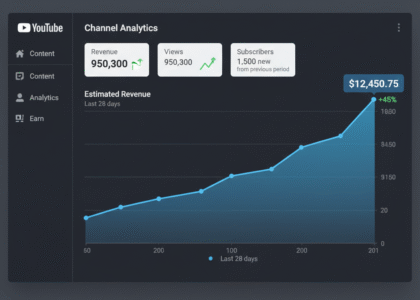Filing taxes can be stressful, but nothing adds more anxiety than the fear of an audit. While the IRS audits a small percentage of taxpayers each year, avoiding tax audit triggers is essential to reducing the risk of scrutiny. Certain red flags can increase your chances of being audited, making it crucial to understand these triggers and take proactive steps to avoid them. This guide will explore common tax audit triggers and share expert strategies to keep your finances in check while staying on the right side of the IRS.
Common Tax Audit Triggers and How to Avoid Them

1. Reporting Inconsistent or Incorrect Income
The IRS receives copies of your W-2s, 1099s, and other income-related documents. If the numbers on your tax return don’t match what’s reported by your employer or clients, expect a red flag.
✅ Solution: Always double-check income statements before filing. If you receive multiple 1099s, cross-verify each one against your own records to ensure accuracy.
2. Excessive Deductions and Unusual Write-Offs
Deductions can lower your taxable income, but claiming too many, especially in comparison to your reported income, can raise suspicion. Large charitable donations, business expenses, or home office deductions that seem out of line with your profession can trigger an audit.
✅ Solution: Keep detailed records and receipts for all deductions. If you claim a home office, ensure it meets IRS qualifications by being used exclusively for business.
3. Cash-Based Business and Large Cash Transactions
Self-employed individuals, freelancers, and small business owners dealing primarily in cash are at higher risk. The IRS closely monitors businesses with inconsistent income reporting.
✅ Solution: Maintain accurate books and deposit all business-related cash into a separate bank account. Using accounting software or hiring a professional can also ensure compliance.
4. Rounding Numbers and Math Errors
Even simple calculation errors can flag your return for closer review. Rounding figures to the nearest thousand instead of reporting exact numbers can also raise suspicion.
✅ Solution: Use tax software or a professional preparer to avoid mistakes. Always review your return before submission.
5. Claiming 100% Business Use of a Vehicle
Unless you own a dedicated business vehicle, claiming 100% of your car expenses for business can be a red flag.
✅ Solution: Maintain a mileage log and only deduct the percentage used for business purposes.
6. Failing to Report Cryptocurrency Transactions
With the rise of digital currencies, the IRS now requires taxpayers to report cryptocurrency gains and transactions. Failure to do so could lead to penalties and an audit.
✅ Solution: Accurately report any crypto income, sales, or trades on your tax return.
7. Making Too Many Loss Claims
If you frequently report losses on a business while earning significant income elsewhere, the IRS may question whether your business is legitimate or simply a hobby.
✅ Solution: Keep records proving your business operates for profit and not just as a tax deduction scheme.
Best Practices for Avoiding a Tax Audit

🔹 File Your Taxes Accurately and On Time – Double-check all details, including Social Security numbers and bank account info. 🔹 Use a Reputable Tax Professional – A licensed tax preparer or CPA can help ensure compliance and identify potential issues. 🔹 Maintain Well-Organized Records – Store receipts, invoices, and financial statements for at least three to seven years. 🔹 E-File Your Tax Return – Electronic filings have fewer errors compared to paper returns and are processed faster. 🔹 Respond Promptly to IRS Notices – If you receive a letter, address it immediately to avoid further complications.
FAQs About Avoiding Tax Audit Triggers
1. What happens if I get audited?
If the IRS audits you, they will request documentation to verify your claims. Depending on the case, it may be a simple correspondence audit (handled via mail) or an in-person audit.
2. Does earning a high income increase my chances of an audit?
Yes, higher-income individuals face more scrutiny. Those earning over $500,000 per year have a higher likelihood of being audited than those in lower income brackets.
3. Can amending my tax return trigger an audit?
Not necessarily. However, if you amend your return to claim significant additional deductions or refunds, it may prompt a review.
4. How long does the IRS have to audit my return?
Typically, the IRS can audit returns filed within the last three years, but in cases of major discrepancies, they can go back up to six years.
Final Thoughts
Avoiding tax audit triggers isn’t about being fearful—it’s about being prepared and responsible with your finances. By understanding the common red flags and taking proactive steps, you can minimize your risk of an audit while ensuring compliance with tax laws.
Need more expert financial tips? Visit GetCashVibe to stay informed and make smarter money decisions today!






